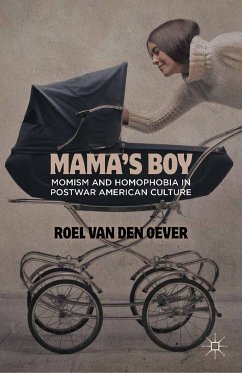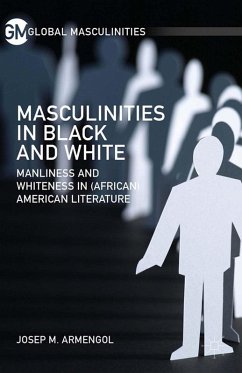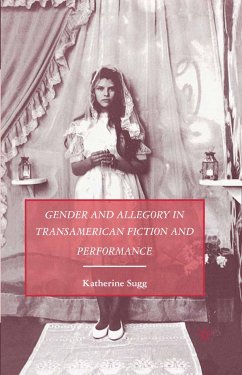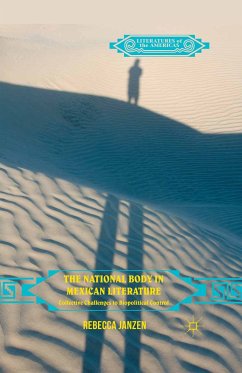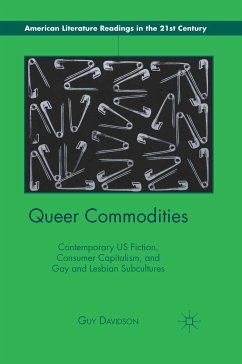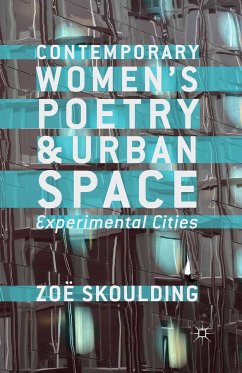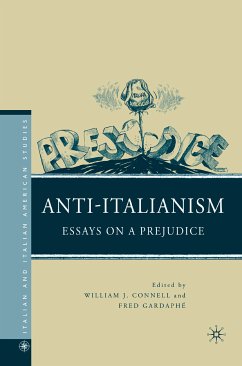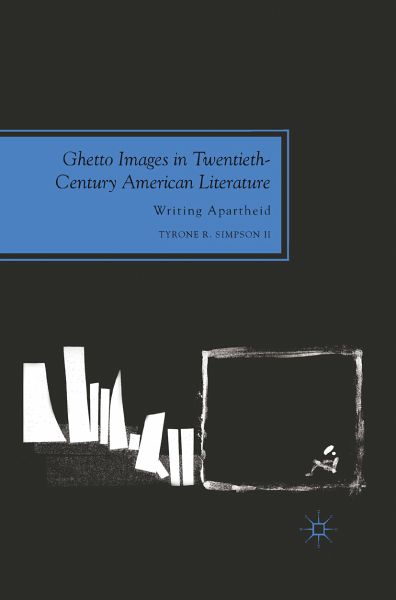
Ghetto Images in Twentieth-Century American Literature (eBook, PDF)
Writing Apartheid
Versandkostenfrei!
Sofort per Download lieferbar
40,95 €
inkl. MwSt.
Weitere Ausgaben:

PAYBACK Punkte
20 °P sammeln!
This book explores how six American writers have artistically responded to the racialization of U.S. frostbelt cities in the twentieth century. Using the critical tools of spatial theory, critical race theory, urban history and sociology, Simpson explains how these writers imagine the subjective response to the race-making power of space.
Dieser Download kann aus rechtlichen Gründen nur mit Rechnungsadresse in A, B, BG, CY, CZ, D, DK, EW, E, FIN, F, GR, HR, H, IRL, I, LT, L, LR, M, NL, PL, P, R, S, SLO, SK ausgeliefert werden.



